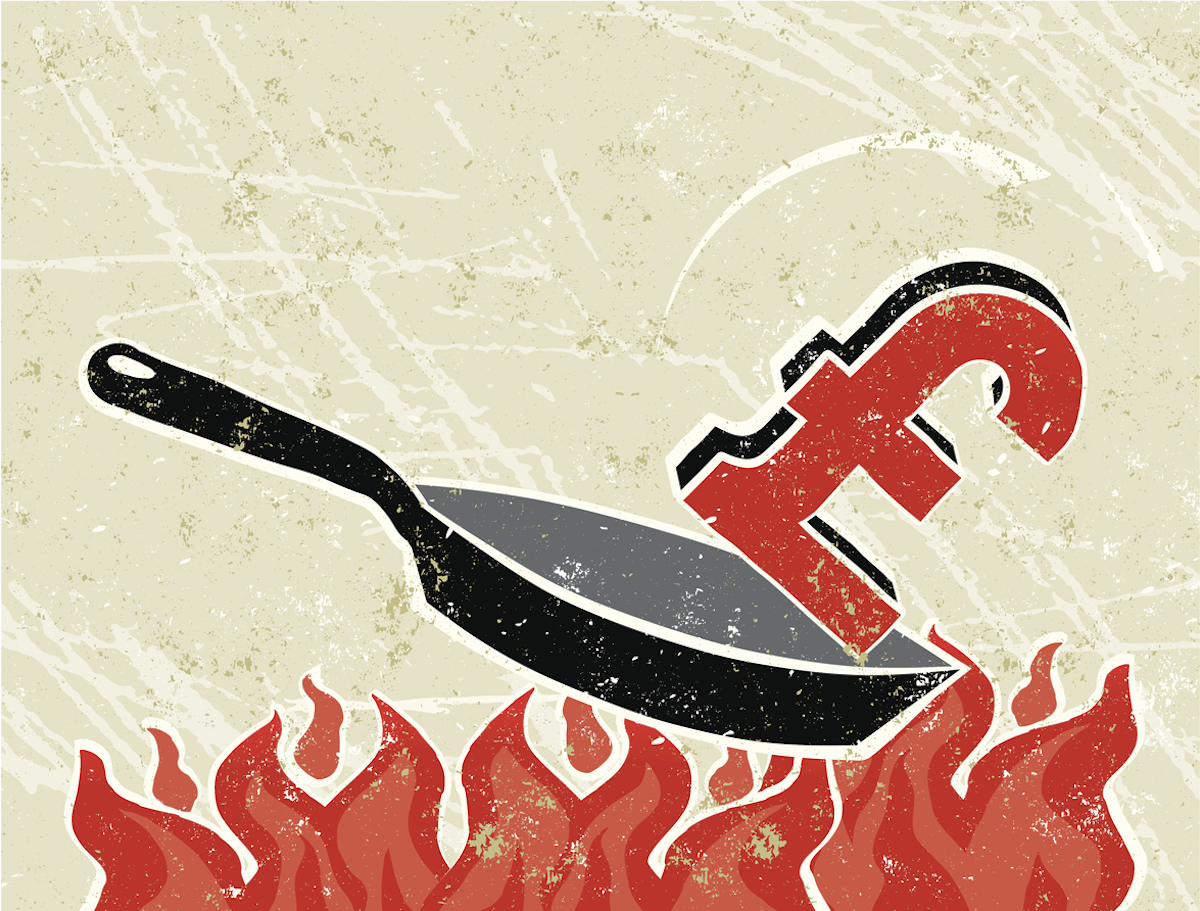Majority of Britons believe food brands are guilty of ‘greedflation’, profiteering from cost of living crisis, poll reveals

Consumer brand loyalty is dwindling in the UK amidst inflation, with some 92% of Britons willing to try different brands and products, according to new polling results from consumer research group Attest.
Grocery businesses had the lowest brand loyalty according to the survey, with 73% of respondents saying they would switch to save money.
In contrast, consumers were less likely to pick different alcohol brands to cut costs, with just 11% willing to try a new product.
Some 65% said they felt the increase in cost the most with groceries. Most shoppers also believe companies are charging too much, with nearly 80% saying brands are profiting from ‘greedflation’, and over 70% saying better efforts should be made to protect consumers.
When asked about the top reason for switching to a different brand, price increases and having a ‘negative experience’ with a brand were the most common answers.
Another factor impacting brand loyalty, according to the poll, is public controversy, with over a third of Britons saying they would be most likely to boycott or stop buying a product with immediate effect. However, some 30% would still be willing to give a brand the chance to issue a public statement before making a decision.
When it comes to brand controversy, Brits are most concerned by accusations of racism, with over 40% saying it is a top issue that would worry them. Poor treatment of animals is the next most concerning accusation, followed by bad treatment of employees, discrimination of people based on disability, religion or sexual orientation, sexism, and greenwashing.
One in five consumers also said they would be concerned about brands involved in political controversies, with 11% saying they would feel uneasy if a brand was accused of right-wing, socially conservative politics and just under 10% feeling the same about accusations of left-wing socially liberal politics.
Consumers were also found to value transparency around a controversy, with over half wanting to see a brand give full transparency if it was involved in a controversial issue.








